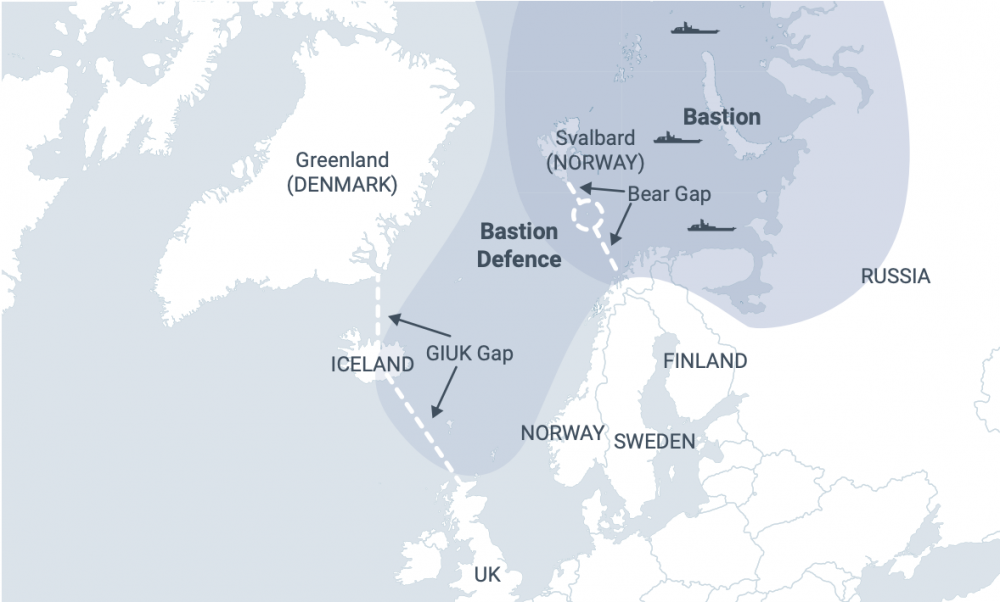A deep dive from The Barents Observer, December 7:
"A hybrid-strategy is underway in which Russia bolsters its legitimate presence in Svalbard on one hand while raising tensions in the maritime space on the other hand," says polar geopolitics expert Elizabeth Buchanan.
Diplomatic voices are louder and warships sail closer. Svalbard is increasing in strategic importance for Russia. As it is for Norway, which has sovereignty over the Arctic archipelago.
“We should expect more sabre-rattling,” says Dr. Elizabeth Buchanan to the Barents Observer. She underlines that such military-flexing, though, is a distraction.
“Russia isn’t about to annex Svalbard, Russia doesn’t want such fight.”
Dr. Buchanan is an expert on polar geopolitics and lecturer in strategic studies with the Deakin University in Australia. Next January, she is one of the main speakers at Norway’s large Arctic Frontiers conference in Tromsø.
“The real push from Moscow when it comes to Svalbard will be occurring onshore, in plain sight, well within the bounds of the Treaty,” Buchanan says.
She expects to see more activity initiated by Moscow coming, like researchers, industry, tourism, all that can populate Russia’s outposts on the archipelago.
“Each citizen affords Moscow an opportunity to play the ‘protecting Russian nationals’ playbook - as seen in South Ossetia and Crimea.”
Today, state-owned mining company Arktikugol runs the society in Barentsburg, but underground coal resources are running low and alternative businesses, like tourism, are on growth. Population is on the decline and consists nowadays of about 400 Russian and Ukrainian citizens. A second Soviet-time settlement on Svalbard is Pyramiden, a coal-mining town that was left to ghosts in the late 1990ties.
Military speaking, Svalbard is of great strategical importance, located between the Barents-, Greenland-, and Norwegian Seas. The one controlling Svalbard is also likely to control the important gateway from the shallow Barents Sea to the deeper North Atlantic.
For Russia’s Northern Fleet, the so-called Bear Island Gap between mainland Norway and the archipelago’s southernmost island is key to conducting sea denial operations in and over the maritime areas further south, potentially threatening NATO’s transatlantic sea lines of communication.

....MUCH MORE